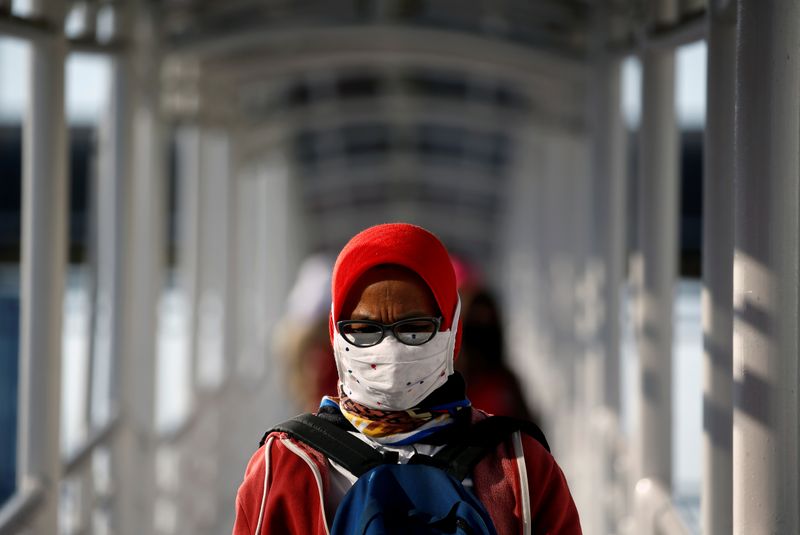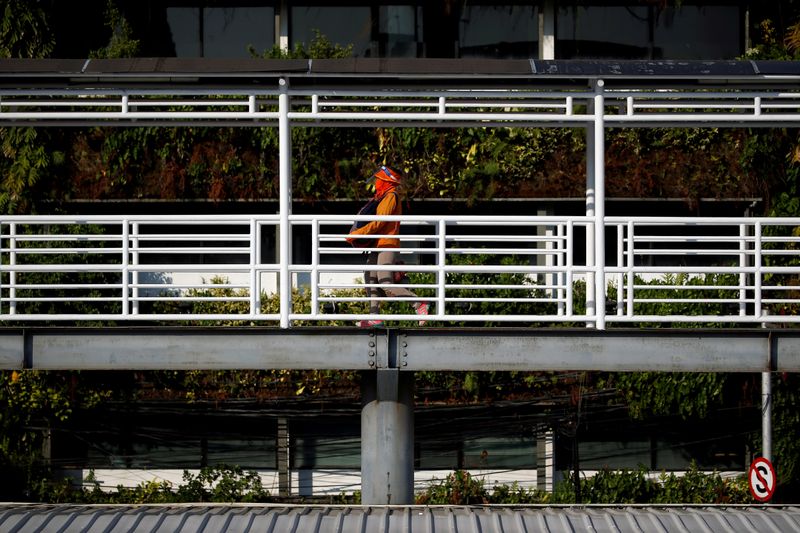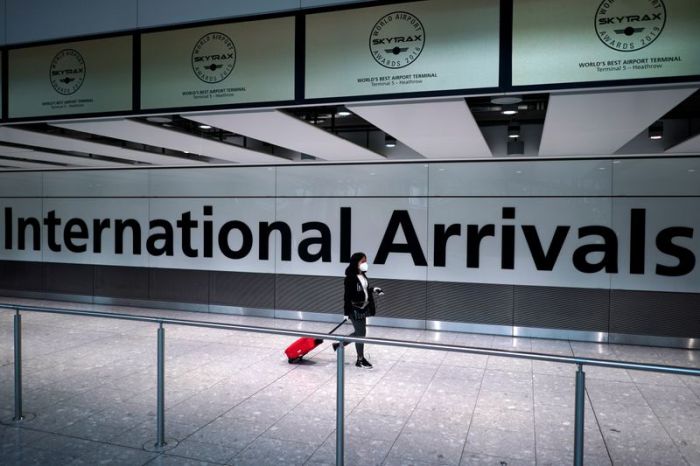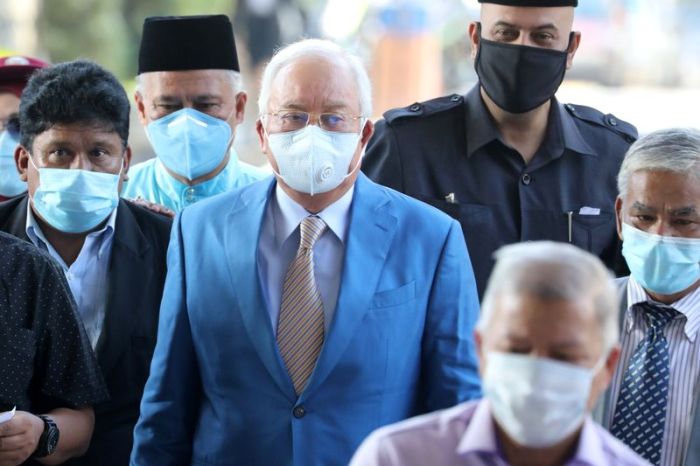JAKARTA (Reuters) – Indonesia reported on Monday its total number of coronavirus cases had topped 100,000, as the president urged officials handling the outbreak to retain an “aura of crisis” in a country with the most infections and deaths in East Asia.
The health ministry reported 1,525 new cases and 57 deaths on Monday, taking the total number of infections and fatalities to 100,303 and 4,838, respectively.
The new milestone comes a week after President Joko Widodo overhauled Indonesia’s COVID-19 committee to also focus on economic recovery along with handling health aspects.
“(We) can’t let up. This aura of health crisis needs to be echoed until a vaccine is available and can be used effectively,” Widodo told a meeting on Monday addressing committee members.
Indonesia’s state-owned pharmaceutical company Bio Farma and China’s Sinovac have a vaccine partnership and will conduct third-phase clinical testing in the country next month.
Unlike some neighbouring countries, Indonesia has never completely locked down after Widodo warned it would hurt millions of poor people though some areas have brought in restrictions.
As part of the opening up of the economy, the island of Bali, the main gateway for tourists, plans to allow international visitors back from Sept. 11.
Laura Navika Yamani, an epidemiologist at Airlangga University, said Indonesia should be wary of opening up without improving testing and tracing.
“So now that we’ve fallen into the ‘new normal’, interactions between people are inevitable so the risk of transmission will be around and possibly widen,” she said.
The extent of testing has been low for a country of nearly 270 million people, with 807,946 tested as of Monday.
President Widodo this month said the coronavirus outbreak in Indonesia is not expected to peak until August or September.
Muhammad Wildan, 25, a civil servant, is concerned about the rising caseload, but said he had to work.
“I’m very scared, but what can you do? You have to make a living,” said Wildan, speaking on a central Jakarta street.
(Reporting by Yuddy Cahya Budiman, Maikel Jefriando and Stanley Widianto; Editing by Ed Davies)




















